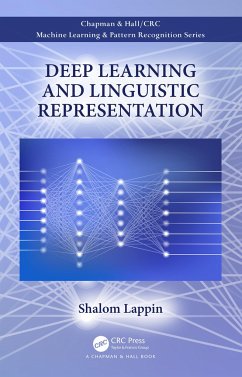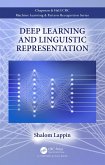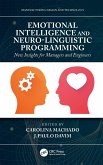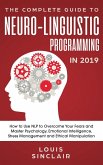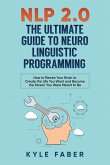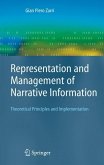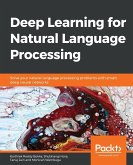The application of deep learning methods to problems in natural language processing has generated significant progress across a wide range of natural language processing tasks. For some of these applications, deep learning models now approach or surpass human performance. While the success of this approach has transformed the engineering methods of machine learning in artificial intelligence, the significance of these achievements for the modelling of human learning and representation remains unclear. Deep Learning and Linguistic Representation looks at the application of a variety of deep learning systems to several cognitively interesting NLP tasks. It also considers the extent to which this work illuminates our understanding of the way in which humans acquire and represent linguistic knowledge. Key Features: combines an introduction to deep learning in AI and NLP with current research on Deep Neural Networks in computational linguistics. is self-contained and suitable for teaching in computer science, AI, and cognitive science courses; it does not assume extensive technical training in these areas. provides a compact guide to work on state of the art systems that are producing a revolution across a range of difficult natural language tasks.
Hinweis: Dieser Artikel kann nur an eine deutsche Lieferadresse ausgeliefert werden.
Hinweis: Dieser Artikel kann nur an eine deutsche Lieferadresse ausgeliefert werden.

